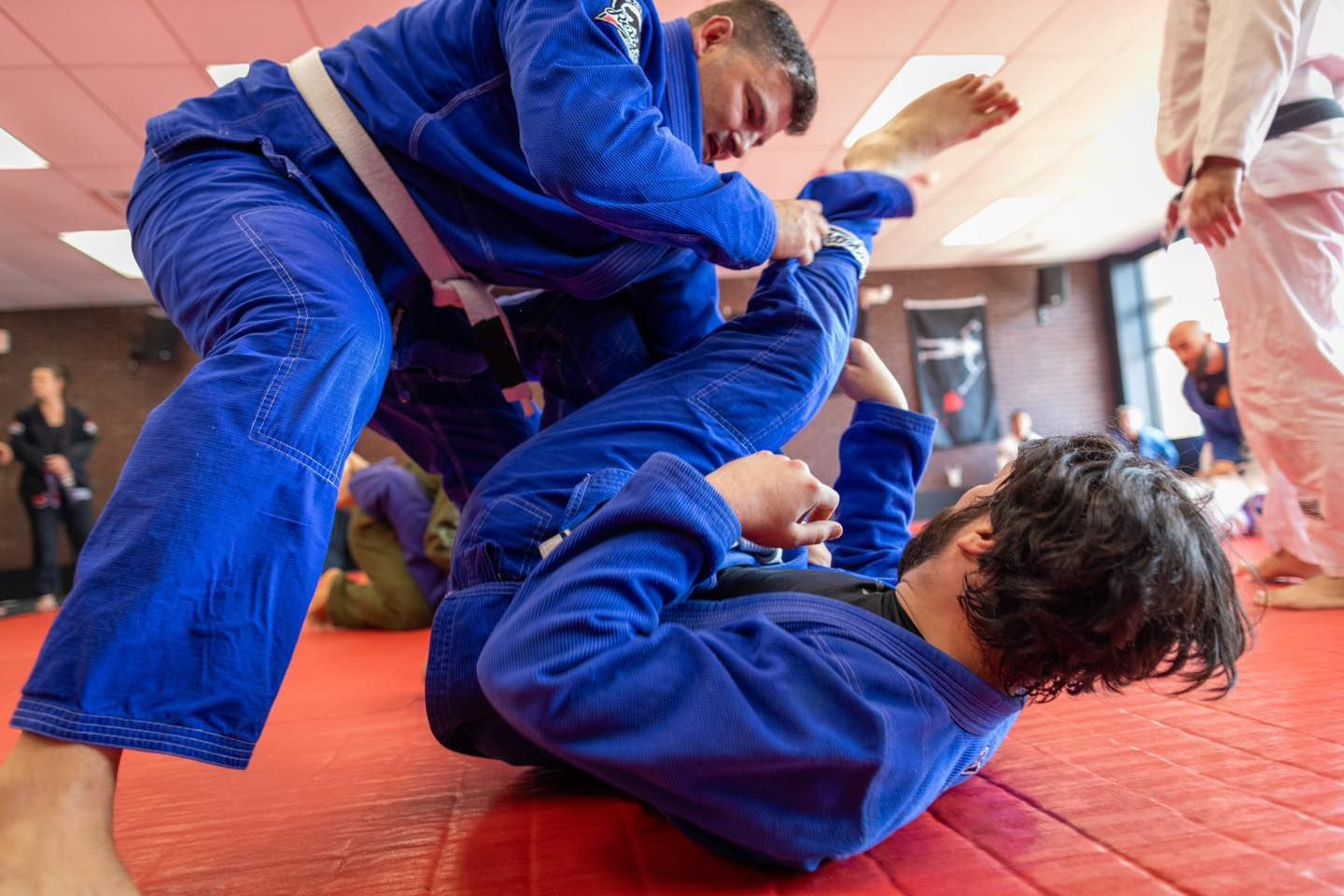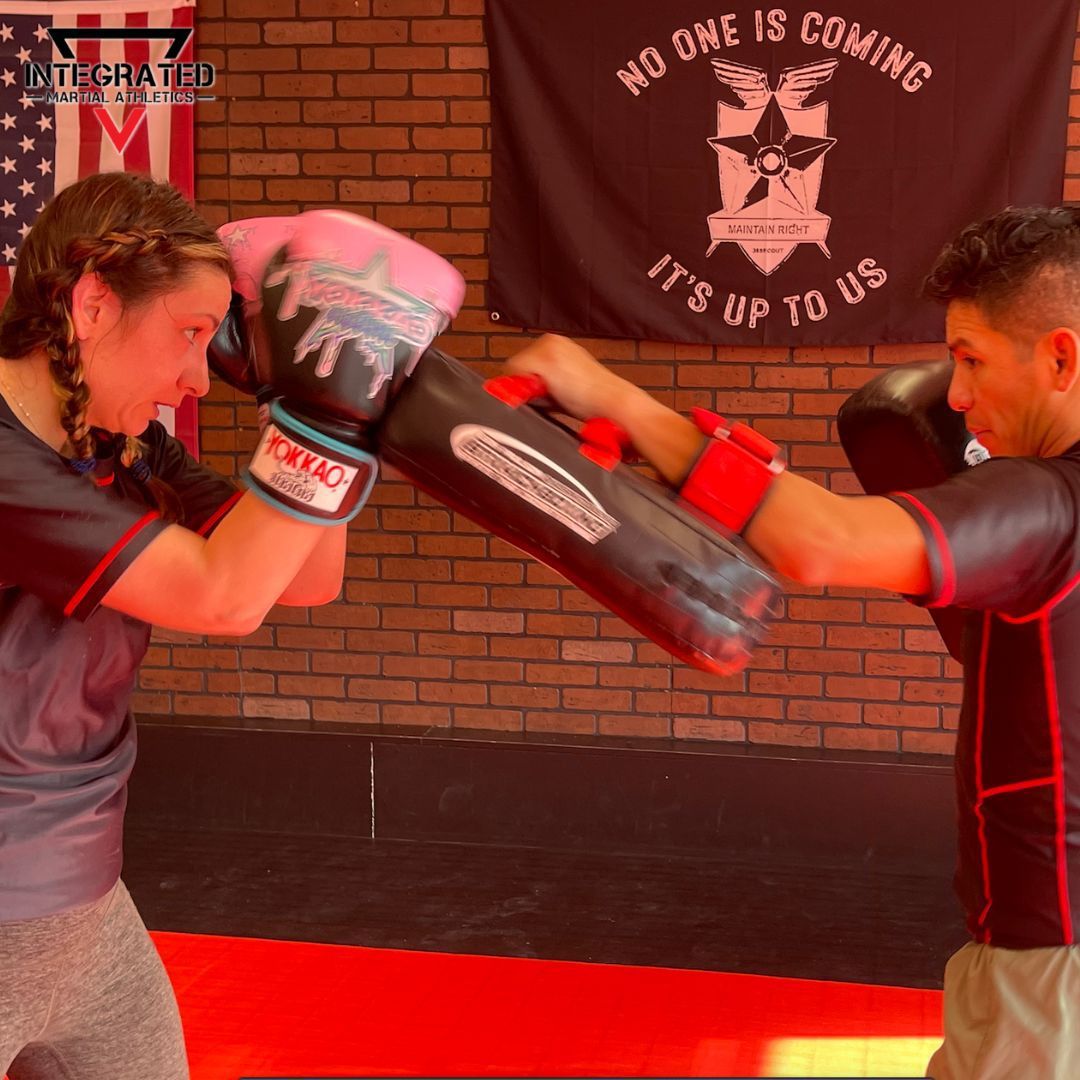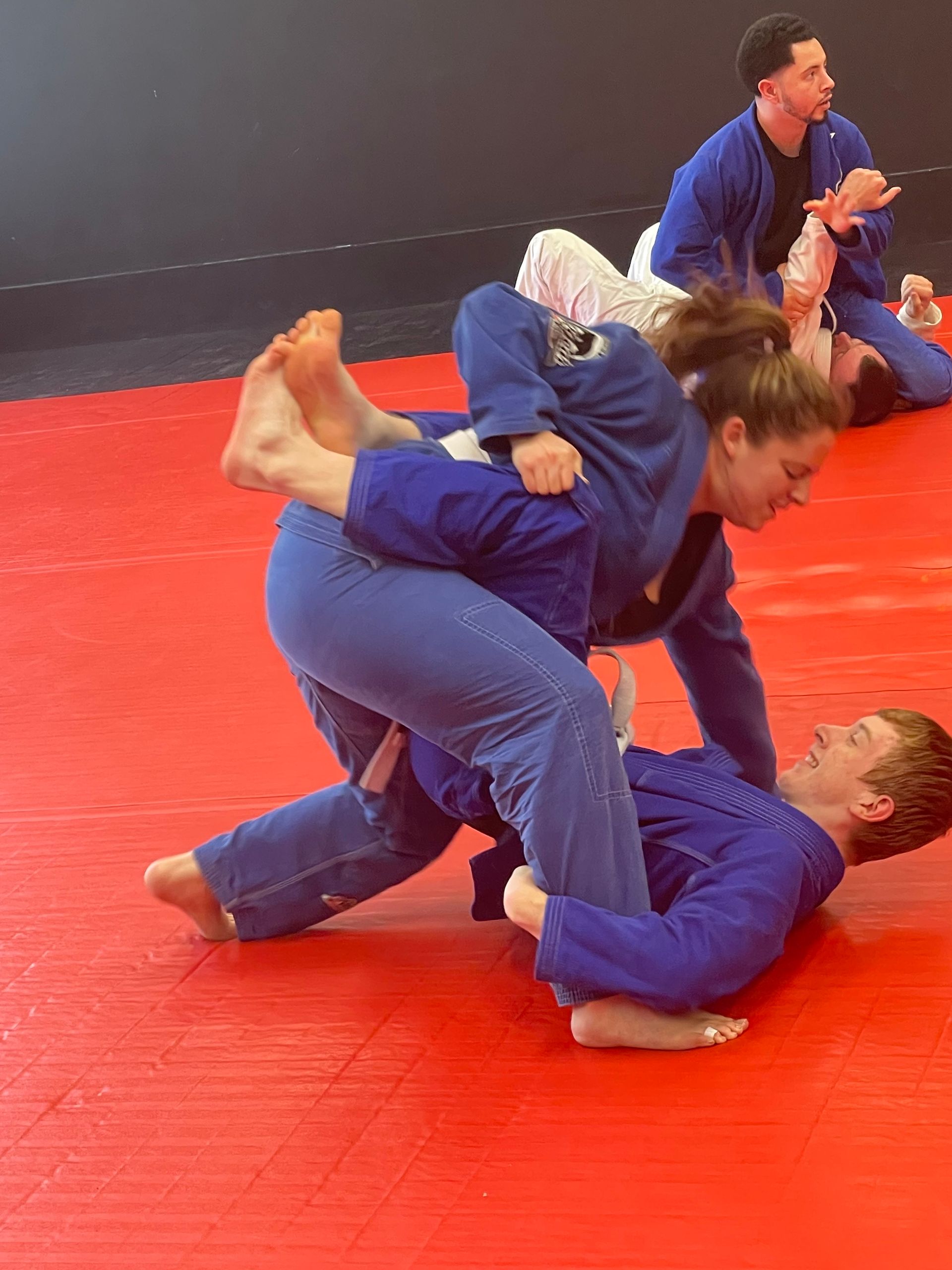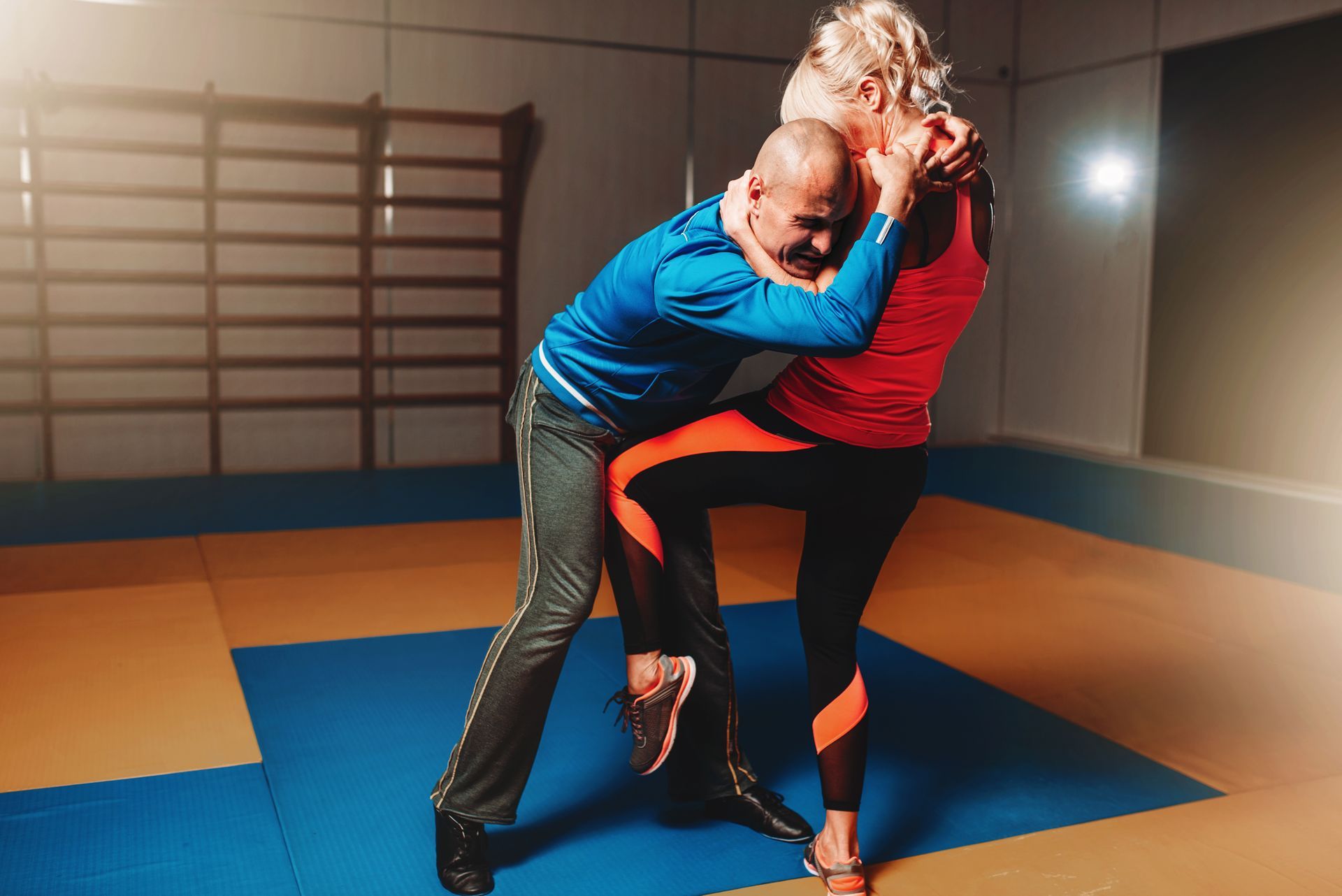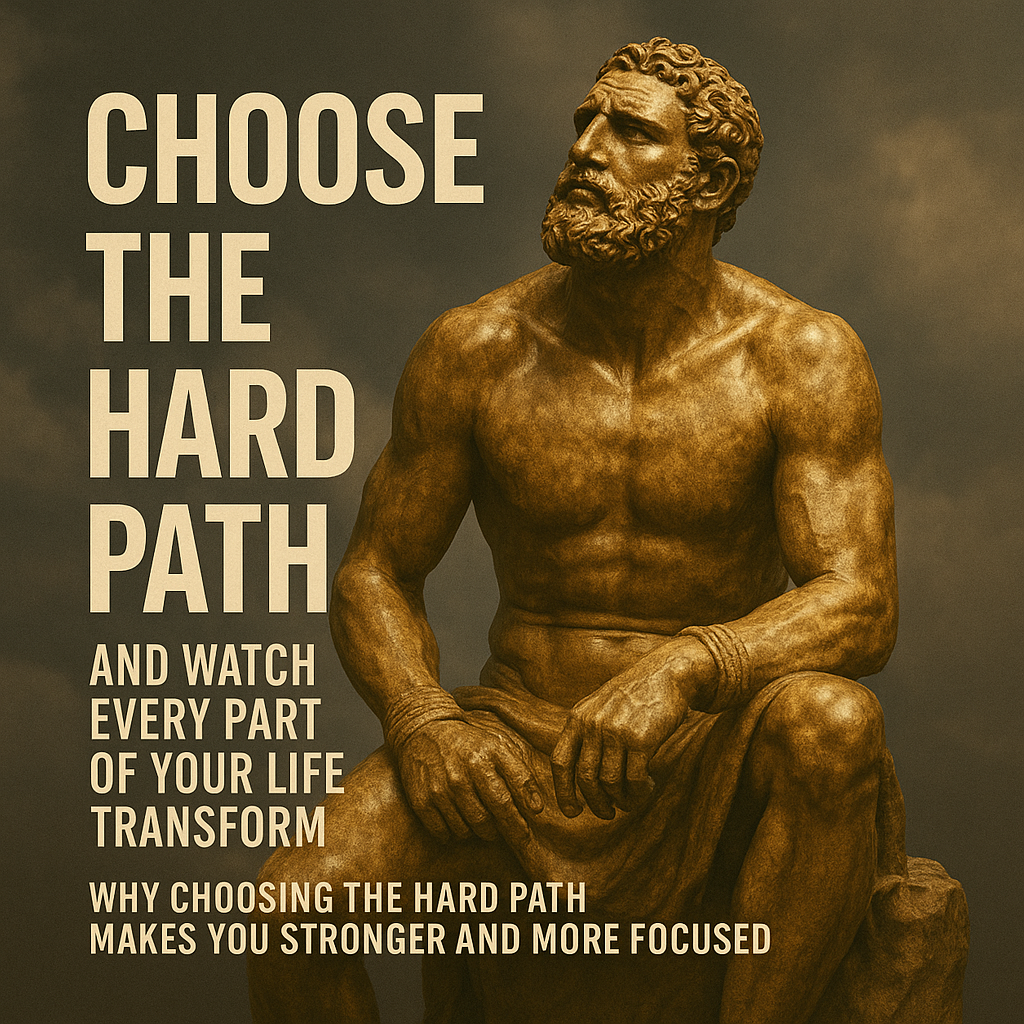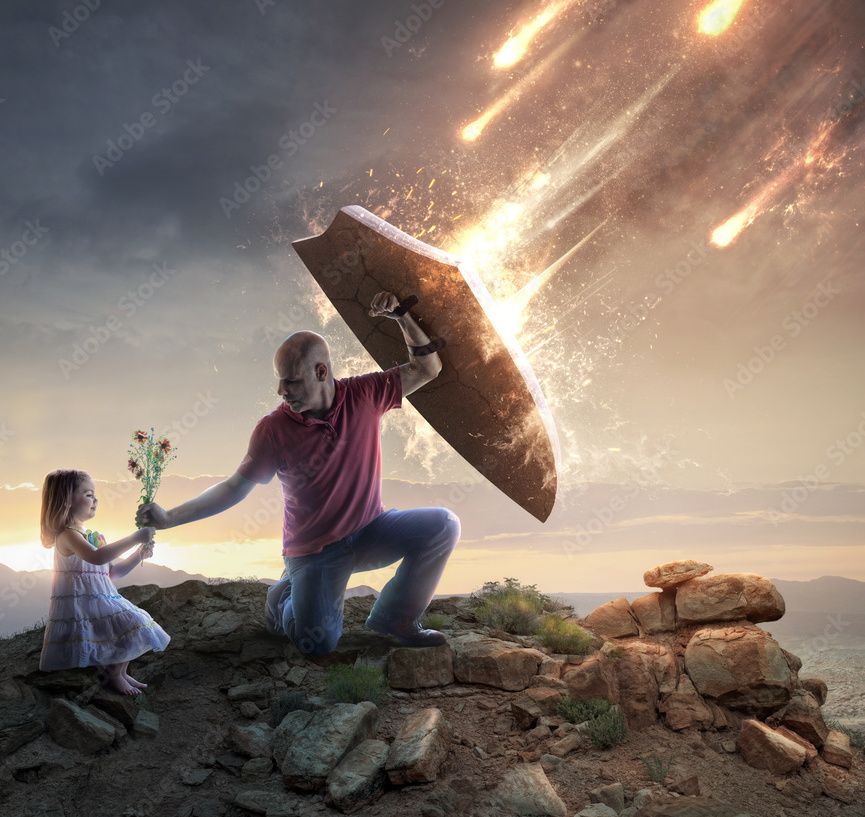The Role of Awareness in Preventing Violent Encounters
The Unspoken Geometry of Violence: A Commentary on Self-Reliance
Violence is a part of our existence. It's primal and ingrained in our evolution. No matter how advanced our society becomes, this reality remains. Colonel Jeff Cooper once said, “There are no victims, only volunteers.” While this may sound blunt and unsettling, it's a perspective worth considering.
Violence comes in various forms, ranges, and degrees. Many people struggle to understand its raw, unfiltered nature. To truly grasp the concept of violence, we must accept it as part of being human—much like the air we breathe. It's a force of nature, indifferent to our moral judgments.
Cooper’s statement isn't about lacking empathy. It's about awareness in preventing violent encounters. Preparedness is key. Fear and uncertainty can signal to potential threats that you’re not ready for life’s hazards. In nature, the vulnerable are often the first to fall. Predators sense weakness and act. The same principle applies in our modern world.
Our comfortable lives can sometimes make us complacent. This detachment from the rawness of violence breeds ignorance and vulnerability. The safer we feel, the more at risk we may actually be. Safety can often be an illusion, masking the true nature of violence.
Self-reliance, especially in self-preservation, is the ultimate autonomy. Relying on others for protection is risky. True self-reliance means not only providing for yourself but also defending yourself. Cooper’s words remind us that our first duty is survival.
Violence itself isn't inherently good or evil—it just is. It's a tool, a means to an end, and its morality is determined by its use. Ignoring the reality of violence can lead to a skewed perception and dangerous complacency. If we don't recognize the potential for violence, we leave ourselves defenseless.
Consider the dynamics between predators and prey in the animal kingdom. Predators are always alert, their senses sharp, detecting even the slightest weakness. Prey must remain vigilant, always aware and ready to respond to any threat. This isn't paranoia; it's a necessity.
Humans are not exempt from these dynamics. The predators in our midst aren't lions or wolves; they are criminals, terrorists, and even oppressive elements within our systems. Our response must be rooted in vigilance and preparedness, much like in the wild.
Violence spans a broad spectrum, from subtle intimidation to overt brutality. Each instance requires a different response and level of preparedness. Effective self-preservation means understanding this spectrum and developing the skills to respond appropriately.
Training and awareness in preventing violent encounters are essential. Training internalizes responses to violence, making them second nature. Awareness is the continuous mindfulness that allows us to detect and avoid threats before they materialize. Together, they form a robust self-defense strategy.
Mental fortitude is also crucial. The will to survive and the refusal to be a victim serve as powerful deterrents. Confidence and readiness can make you less likely to be targeted, as threats often seek the path of least resistance.
Cultivating this mindset takes conscious effort. It involves shedding complacency and facing uncomfortable truths about the world and our place in it. This journey is about self-discovery as much as it is about self-defense.
Embracing the reality of violence connects us to our ancestral heritage—a heritage of resilience and adaptability. Our ancestors navigated a dangerous world using their wits and skills. Though threats have evolved, the fundamental principles of survival remain unchanged.
Self-reliance in protection is deeply personal. It acknowledges one's inherent value and is a commitment to preserve it. It’s a declaration of independence and a recognition that your safety is your responsibility. It's an affirmation of life itself.
Living in denial of violence is living in denial of reality. The world isn't inherently safe. The veneer of civilization may obscure chaos but doesn't eliminate it. Recognizing and preparing for violence doesn't make us cynics; it makes us realists.
Conclusion:
Colonel Jeff Cooper’s wisdom lies in his straightforward approach to a difficult truth. There are no victims, only volunteers—people who fail to take the necessary steps to protect themselves. Violence is an inescapable aspect of life, but not an insurmountable one. Through awareness in preventing violent encounters, training, and self-reliance, we can navigate life with confidence and resilience.
Stay vigilant. Stay prepared.

